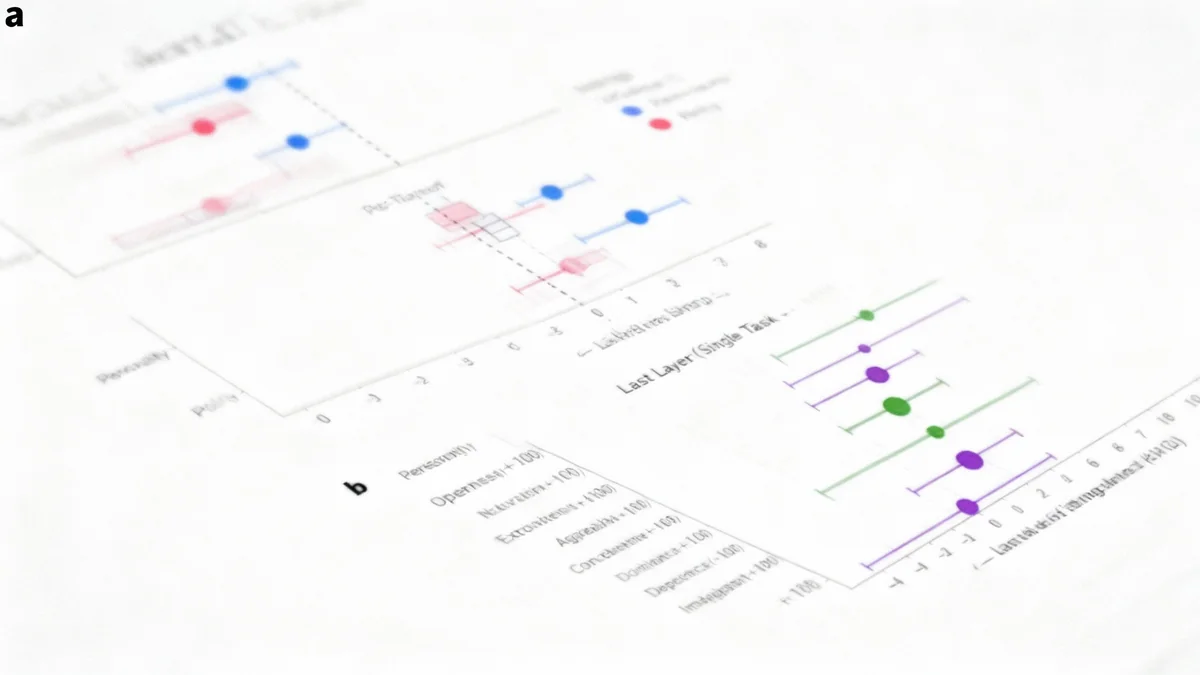Stanford University has announced the establishment of the Institute for Human-Centered AI Governance, a new research center backed by an initial funding of $150 million. The institute will focus on developing ethical frameworks and public policy to guide the rapid advancement of artificial intelligence technologies.
The center aims to bring together experts from computer science, law, political science, and philosophy to address the complex societal challenges posed by AI. It will officially begin operations in the upcoming academic year.
Key Takeaways
- Stanford University is launching a new institute dedicated to AI ethics and governance.
- The initiative is supported by $150 million in initial funding from philanthropic sources.
- The institute's mission is to develop policy and ethical guidelines for AI development and deployment.
- It will feature an interdisciplinary approach, combining technology, law, ethics, and social sciences.
A New Approach to AI Oversight
Stanford's new Institute for Human-Centered AI Governance represents a significant investment in addressing the ethical and societal impacts of artificial intelligence. University officials stated the primary goal is to ensure AI technologies are developed and used in ways that benefit humanity and uphold democratic values.
The institute will operate as an independent entity within the university, fostering collaboration across different academic departments. This structure is designed to break down traditional academic silos and encourage a holistic approach to AI governance.
Core Research Areas
The institute will concentrate its efforts on several critical areas. These research pillars are designed to address the most pressing issues in AI today.
- Policy and Regulation: Developing actionable frameworks for local, national, and international AI regulation.
- Ethical Design: Creating standards for building fairness, transparency, and accountability directly into AI systems.
- Economic Impact: Studying the effects of AI on labor markets, workforce displacement, and economic inequality.
- Global Engagement: Collaborating with international partners to establish global norms for AI use.
These focus areas will be supported by dedicated research teams and fellowship programs designed to attract top talent from around the world.
The Growing Need for AI Governance
The creation of this institute comes at a time of intense public and governmental scrutiny of artificial intelligence. As AI models become more powerful, concerns about their potential for misuse—from spreading misinformation to creating autonomous weapons systems—have grown. Governments worldwide are beginning to draft legislation, but a gap remains between the pace of technological innovation and the development of effective oversight.
Leadership and Vision
The institute will be co-directed by Dr. Fei-Fei Li, a leading figure in computer science and co-director of the Stanford Institute for Human-Centered AI (HAI), and Dr. Rob Reich, a professor of political science specializing in ethics and technology. Their joint leadership underscores the center's commitment to an interdisciplinary mission.
"We are at a critical juncture where the decisions we make about AI will shape the future for generations," Dr. Li stated in the official announcement. "Our goal is not to slow down innovation, but to steer it in a direction that is safe, ethical, and equitable for everyone."
Dr. Reich added that the institute will serve as a vital bridge between academia and the policy-making world. "Technologists cannot solve these challenges alone, and policymakers need deep technical expertise. This institute will connect those two worlds to create practical, evidence-based solutions," he explained.
Funding and Philanthropy
The $150 million in seed funding was secured from a consortium of philanthropic organizations, including major contributions from technology foundations and private donors. Approximately 60% of the initial funding is earmarked for endowing faculty positions and graduate fellowships, ensuring the institute's long-term stability and ability to attract top researchers.
Program Initiatives and Public Engagement
Beyond academic research, the Institute for Human-Centered AI Governance plans to launch several key initiatives aimed at broader public impact. These programs are intended to translate complex research into accessible resources for policymakers, industry leaders, and the general public.
Policy Fellowships and Workshops
A central component of the institute's strategy is a new policy fellowship program. This program will bring experienced government officials and industry leaders to Stanford for year-long residencies. During their time, fellows will collaborate with researchers to develop white papers and model legislation on specific AI-related topics.
The institute will also host a series of international workshops and conferences. According to the announcement, the first major conference is planned for spring 2025 and will focus on creating international standards for AI safety and transparency.
Curriculum and Educational Outreach
To cultivate the next generation of leaders in AI governance, the institute will develop new undergraduate and graduate courses. These courses will be cross-listed between the School of Engineering and the School of Humanities and Sciences.
The curriculum will cover topics such as:
- The history of technology regulation.
- Algorithmic bias and fairness.
- The geopolitics of artificial intelligence.
- Corporate responsibility in the tech sector.
Furthermore, the institute plans to create a free online resource hub. This platform will provide summaries of research findings, policy briefs, and educational materials for a non-technical audience, aiming to improve public literacy on AI issues.
The Broader University Context
This new institute builds upon Stanford's existing strengths in artificial intelligence research. It will work in close partnership with the Stanford Institute for Human-Centered AI (HAI), which focuses more on the foundational development of AI technology. While HAI works on creating AI, the new governance institute will focus on how that AI should be controlled and deployed in society.
University President Richard Saller emphasized the university's responsibility in this field. "As a leader in AI research, Stanford has an obligation to lead the conversation on its responsible implementation," Saller said. "This institute is a profound commitment to ensuring that technology serves the public good."





